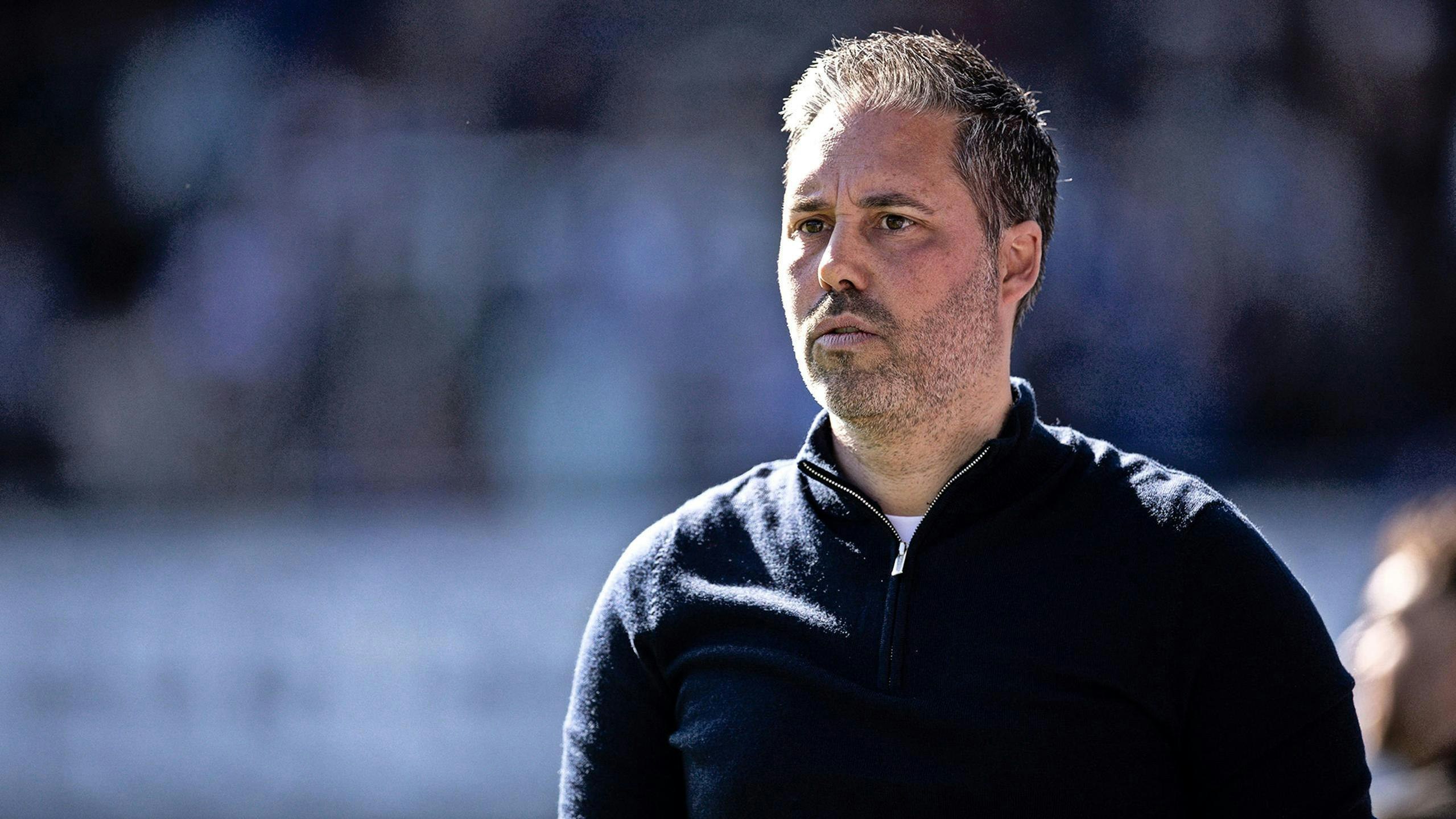This article is taken from the May 2025 issue of The Critic. To get the full magazine why not subscribe? Right now we’re offering five issues for just £10.
The high point of QPR’s season was the 4-0 drubbing we gave Derby on 15 February. That put us in eleventh place, only three points shy of the all-important top six. For those unfamiliar with the less glamorous parts of the English football pyramid, teams which end the season between third and sixth place in the Championship and League One get to compete in the play-offs, a post-season contest to see which club gets the all-important third promotional spot, with the final taking place at Wembley. The Rs won that game in 2014 and spent the next season in the Premiership.
But getting your hopes up is never a good idea. At the time of writing, we haven’t won any of the seven games we’ve played since, drawing two and losing five. Instead of vying for promotion, we’re now battling to avoid relegation with six games left. Our last match was against third-from-bottom Cardiff, which our manager, Martí Cifuentes, dubbed the most important game of the season. It ended as a goalless draw.
So, what’s gone wrong? A season in the Championship, which has 24 teams in it, involves playing 46 league fixtures and at least two cup games. This year, QPR are on course to play 50 in 26-and-a-half weeks, an average of just under two a week. That means the Hoops, like every other Championship club, are vulnerable to injuries, and we’ve been particularly unlucky this season. At present, seven of our first team players are injured, including all four strikers, and our best winger is unavailable due to suspension. To a great extent, that explains our recent loss of form.
But is it just bad luck? We ended the 23–24 season with the fewest injuries of any club in the Championship and picked up 16 points from the last eight games, a fact that was attributed to the recruitment of Ben Williams as our director of performance. He still has that job, but since last September he’s also been the director of high performance at the Brooklyn Nets, a New York-based basketball team. I’m no expert, but his job description includes overseeing the sports science, medical, physio and nutrition departments. Is that really something you can do from 3,500 miles away?

We started the current season poorly, and that may have partly been because our first-team players were told to pace themselves to avoid getting injured. But if so, they took it too far. By the end of November we were winless in 12, leaving us marooned at the foot of the table. But a 0–2 victory against Cardiff on 27 November kick-started our season and we went on to pick up 30 points over the next 16 games — promotion-winning form.
Since then, it’s all gone pear-shaped, and one reason may be that the players gave too much of themselves in that middle third of the season, making them unusually susceptible to injury in the final third.
Of course, that isn’t much of an excuse since every Championship club faces the same gruelling schedule. True, those that were relegated last season from the Premiership — Burnley, Luton and Sheffield United — each got a “parachute payment” of £49 million and those relegated the previous season, such as Leeds, got £35m. That means those teams can afford better players — and “better” often means less prone to injury. The top three spots in the Champions League at present are occupied by Burnley, Sheffield and Leeds.
QPR can point to its low wage bill, the fifth lowest in the league, as the reason so many players are out injured — if our players didn’t get crocked so easily, we’d have to pay them more. But Coventry have an even lower wage bill, and they’re currently seventh. Still, we’re punching above our weight. At the end of the season, assuming we aren’t relegated, Cifuentes may be able to cite that as a reason not to sack him.
As a long-standing Hoops fan, I think we should cling to nurse for fear of something worse. The manager who won the league in the 2010–11 season, Neil Warnock, was probably our best head man since Terry Venables, who was in charge from 1980-84, with a steady decline since then. It’s not quite true to say each of Warnock’s successors has been worse than the last, but the owners have made some extremely poor choices, and I don’t trust them to recruit anyone better than Cifuentes. That’s particularly true given that the current CEO, Christian Nourry, is only 27.
We finished eighteenth at the end of last season, and if we do better this time Cifuentes can say that’s evidence of “progress”. Perhaps his best argument is that what the club needs is a bit of consistency instead of the constant psychodrama of play-off hopes followed by relegation fears, and that’s more likely to happen if we keep the same manager for more than two seasons.
Cifuentes, who was a Championship debutante last year, is getting to know the league as well as the club, and with luck will be able to persuade his 27-year-old boss to recruit some dependable workhorses over the summer. What QPR needs is some solidly-build, Brexity journeymen rather than fancy, European technicians — players who aren’t going to pull out of tackles for fear of damaging their calves. It’s time we started inflicting injuries instead of being injured.







